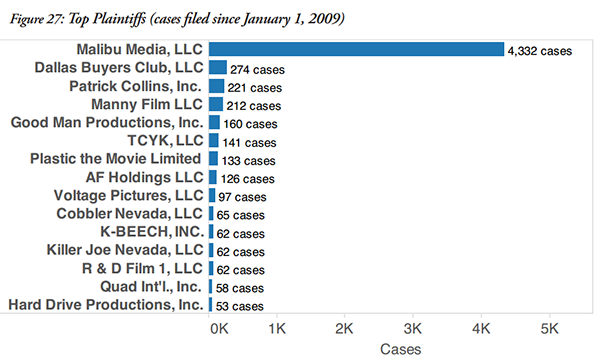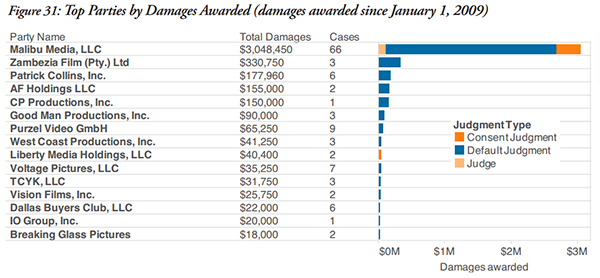Legal Scholars Warn Against 10 Year Prison for Online Pirates
samedi 15 août 2015 à 10:25 The UK Government plans to increase the maximum prison sentence for online copyright infringement to ten years.
The UK Government plans to increase the maximum prison sentence for online copyright infringement to ten years.
The current maximum of two years is not enough to deter infringers, lawmakers argue.
The new proposal follows a suggestion put forward in a study commissioned by the UK Intellectual Property Office (IPO) earlier this year.
The study concluded that the criminal sanctions for copyright infringement available under the Copyright, Designs and Patents Act 1988 (CDPA 1988) could be amended to bring them into line with related offenses, such as counterfeiting.
Before implementing the changes the Government launched a public consultation, asking for comments and advice. While the responses have yet to be made public, TF has heard from two prominent groups that are speaking out against an extension.
The British and Irish Law, Education and Technology Association (BILETA) shared a copy of their recommendations with TF. The group’s main conclusion is that changes to the current law are not needed.
According to the group the prison term extension is not acceptable because the punishment would be too harsh.
“…legitimate means to tackle large-scale commercial scale online copyright infringement are already available and currently being used, and the suggested sentence of 10 years seems disproportionate,” the group writes.
In addition, BILETA argues that the proposal is not affordable, not feasible and incompatible with the European Convention on Human Rights.
“The freedom of expression may be interfered with if there is a ‘pressing social need’ and is proportionate to the legitimate aim pursued,” the group notes, adding that the standards for a pressing social need are often not met in piracy cases.
If the Government decides to move forward with a change of law, the legal scholars suggest limiting the sentence for both online and offline copyright infringement to four years maximum.
Another organization speaking out against the proposal is the Open Rights Group. Executive Director Jim Killock tells TF that the Government inaccurately suggests that only large scale commercial infringers will be affected by the change.
“The proposal wraps up businesses and people who ‘affect prejudicially’ a copyright owner,” Killock says.
“There is no requirement of intent to harm, merely that the user should have known that they were violating copyright law. This makes the offense a ‘strict liability’, which is rare.”
According to the Open Rights Group the vague “affect prejudicially” definition means that heavy Pirate Bay uploaders or even those who merely share files could potentially be targeted.
“We believe it creates scope to abuse the law. It is hard to know what ‘prejudicial affect’ is. It is hard to estimate damages from online sharing or access. The fact that someone did not seek to harm a copyright owner is no defense.
“The result is that people who are not really criminals, but are rather just naive users, may face punitive claims. At the very least, the risk of criminal claims means naive infringers can be pushed into accepting heavy punishments to remove the risk of long jail sentences,” Killock tells us.
Thus far we have not seen any comments from groups supporting the proposal, but UK entertainment industry organizations such as FACT and BPI are likely to weigh in later.
The consultation is open until this coming Monday and the Government will release the individual responses and publish a summary report afterwards.
Source: TorrentFreak, for the latest info on copyright, file-sharing, torrent sites and ANONYMOUS VPN services.
 When Megaupload
When Megaupload  Back in April the company behind the movie Dallas Buyers Club (DBC)
Back in April the company behind the movie Dallas Buyers Club (DBC)  While millions of users upload videos to YouTube every day without expecting any reward, it’s possible for popular content to generate plenty of revenue through YouTube’s account monetization program.
While millions of users upload videos to YouTube every day without expecting any reward, it’s possible for popular content to generate plenty of revenue through YouTube’s account monetization program. Ever since the rise of peer-to-peer file-sharing more than 15 years ago, the practice has become closely connected to copyright lawsuits. Initially sites and services became entertainment industry targets but in time Joe Public became the focus of legal action.
Ever since the rise of peer-to-peer file-sharing more than 15 years ago, the practice has become closely connected to copyright lawsuits. Initially sites and services became entertainment industry targets but in time Joe Public became the focus of legal action.
